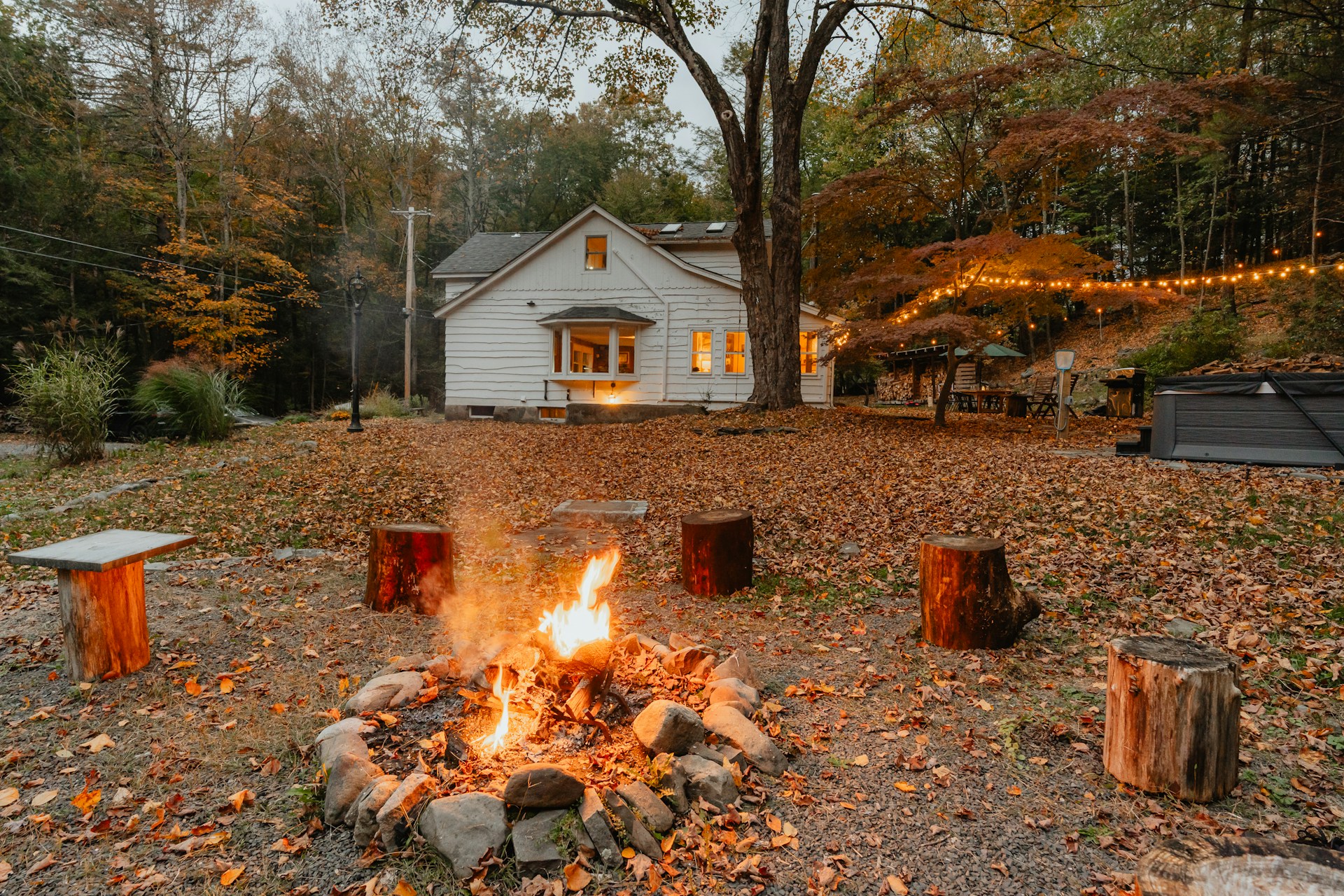

Question: How Do I Manage My Short Term Rental Remotely?
Answer: To manage your short term rental remotely, you can utilize technology such as smart locks for keyless entry, security cameras for monitoring, and property management software for handling bookings, communication with guests, and coordinating cleaning services.
How Do I Manage My Short Term Rental Remotely? Mastering Remote Management
The allure of short term rentals like Airbnb extends to the potential for location independence. Managing a rental property remotely presents unique challenges. This blog post equips you with effective strategies to oversee your Airbnb from afar, ensuring a smooth operation and a positive guest experience.
Building a Strong Team:
A reliable team on the ground is essential for remote management success. Here’s how to assemble your support system:
-
Property Manager:
Consider hiring a local property manager to handle tasks like guest communication, key handover, and routine maintenance checks. Look for someone with experience managing short term rentals and a strong understanding of the local market. -
Cleaning Service:
Partner with a reliable cleaning service to ensure your rental is spotless between guest stays. Clearly communicate cleaning expectations and establish a regular cleaning schedule. -
Local Handyman:
Having a trustworthy handyman on call can address minor repair issues promptly. Maintain a good relationship with a local contractor to ensure timely solutions for any maintenance needs.
Technology can simplify remote management and enhance guest convenience.
Click here for more information on real estate agencies in Orangeville
Related Article: Who Regulates Short term Rentals in Ontario?
Related Article: Do People Really Make Money with Airbnb?
Tech Tools for Efficiency: Leveraging Technology for Remote Management
The right technology can streamline communication, automate tasks, and improve guest satisfaction. Here are some helpful tools to consider:
-
Guest Communication Platform:
Utilize a user-friendly platform for guest communication. This allows you to respond to inquiries promptly, send automated messages with check-in instructions and house rules, and manage guest communication from a central location. -
Smart Lock:
Install a smart lock system that allows guests to access the property using a unique code provided upon booking. This eliminates the need for physical key exchanges and offers greater flexibility for arrivals outside of regular hours. -
Remote Monitoring Systems:
Consider installing smart home devices that allow you to monitor your property remotely. These can include water leak detectors, smoke detectors, and noise monitoring devices to address potential issues proactively. -
Online Booking Platforms:
List your rental on popular online booking platforms like Airbnb and Vrbo. These platforms handle secure online payments and booking management, simplifying the rental process for you and your guests.
Despite remote management, a positive guest experience remains paramount.
The Art of Remote Hospitality: Ensuring a Positive Guest Experience
Even with remote management, fostering a welcoming and comfortable environment is essential. Here’s how to achieve a seamless guest experience:
-
Detailed Listing Description:
Craft a comprehensive and informative listing description. Include high-quality photos that showcase the space accurately. Clearly outline house rules, amenities, and guest expectations to avoid misunderstandings. -
Guest Welcome Guide:
Provide a digital or physical welcome guide containing essential information like Wi-Fi access codes, appliance instructions, and local recommendations. This empowers guests and demonstrates your attentiveness, even from afar. -
Clear Communication:
Maintain clear and consistent communication with guests before, during, and after their stay. Respond promptly to inquiries and address any concerns efficiently. Consider offering a local contact person guests can reach in case of emergencies. -
Positive Reviews:
Encourage guests to leave positive reviews after their stay. Positive reviews build trust and credibility with potential guests, leading to higher occupancy rates. Respond graciously to both positive and negative reviews, demonstrating professionalism and a commitment to continuous improvement.
Understanding local regulations is important for responsible remote management.
Understanding Local Regulations: Ensuring Compliance from Afar
Short term rental regulations can vary by location. Here’s how to stay compliant:
-
Research Local Laws:
Familiarize yourself with local ordinances and regulations governing short term rentals in your area. This may include restrictions on occupancy limits, noise levels, or licensing requirements. -
Obtain Necessary Permits:
Ensure you have obtained any necessary permits or licenses required for operating a short term rental in your area. Failure to comply with local regulations can result in fines or even closure of your rental. -
Stay Informed:
Local regulations can change over time. Stay updated by subscribing to relevant government websites or industry publications to ensure your operations remain compliant.
Carefully consider your lifestyle and resources before embarking on remote management.
The Remote Management Choice: Weighing the Pros and Cons
Remote management offers flexibility but requires careful planning and organization. Here’s a balanced perspective to help you decide if it’s the right choice for you:
-
Pros:
Manage your rental from anywhere in the world, enjoy greater flexibility and location independence, and potentially save money on local property management fees. -
Cons:
Less direct control over daily operations, reliance on others to address issues promptly, difficulty building rapport with guests in person, and the possibility of technical problems with remote monitoring systems.
Click for more information about Jennifer Jewell
Conclusion: The Remote Management Advantage – Effective Strategies for Success
Remote management of your short term rental is achievable with the right approach. By building a reliable team, leveraging technology, prioritizing the guest experience, complying with local regulations, and carefully considering the pros and cons, you can effectively oversee your Airbnb from afar and ensure its success. Clear communication, a commitment to guest satisfaction, and a proactive approach to problem-solving are key to thriving in the world of remote short term rental management.


